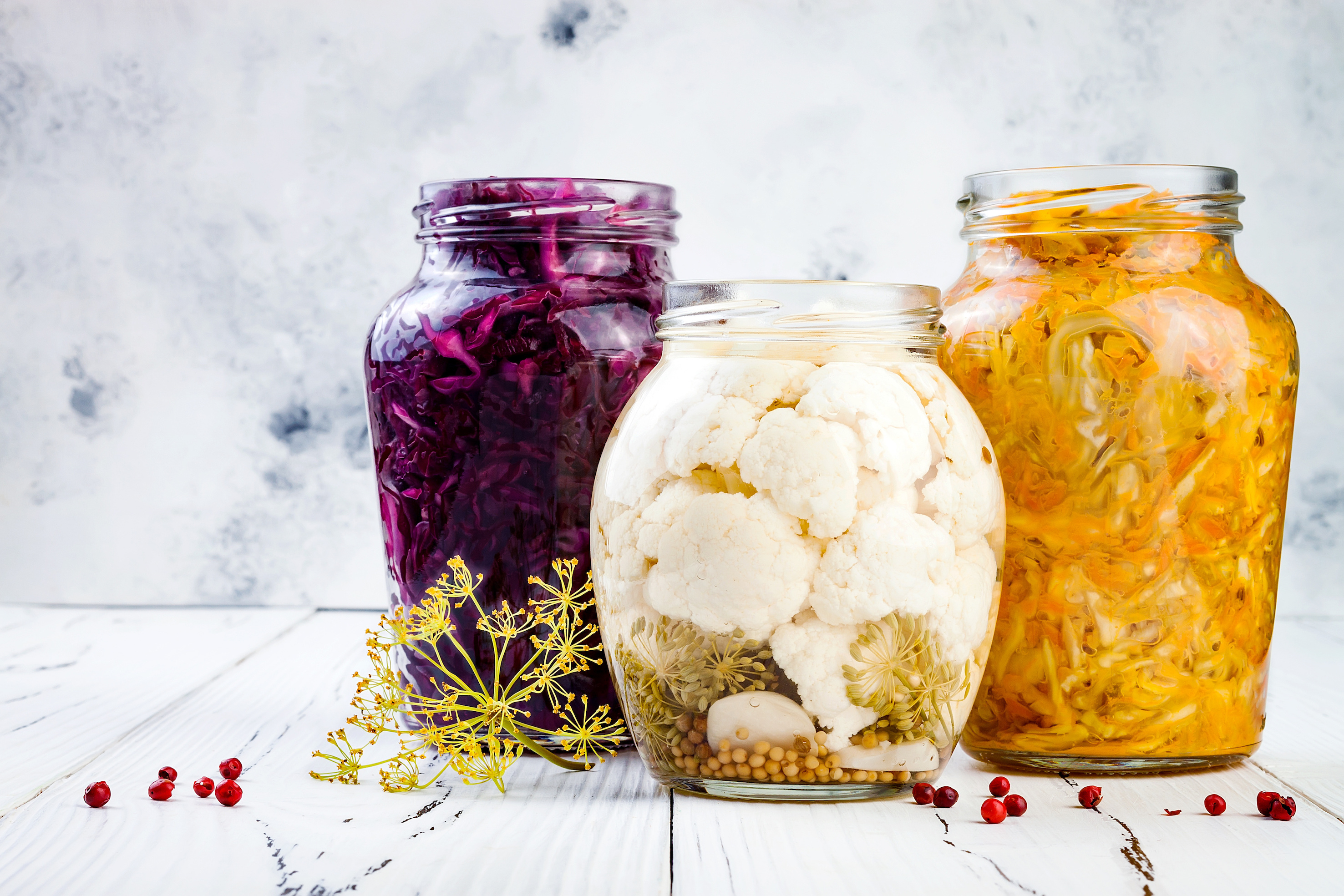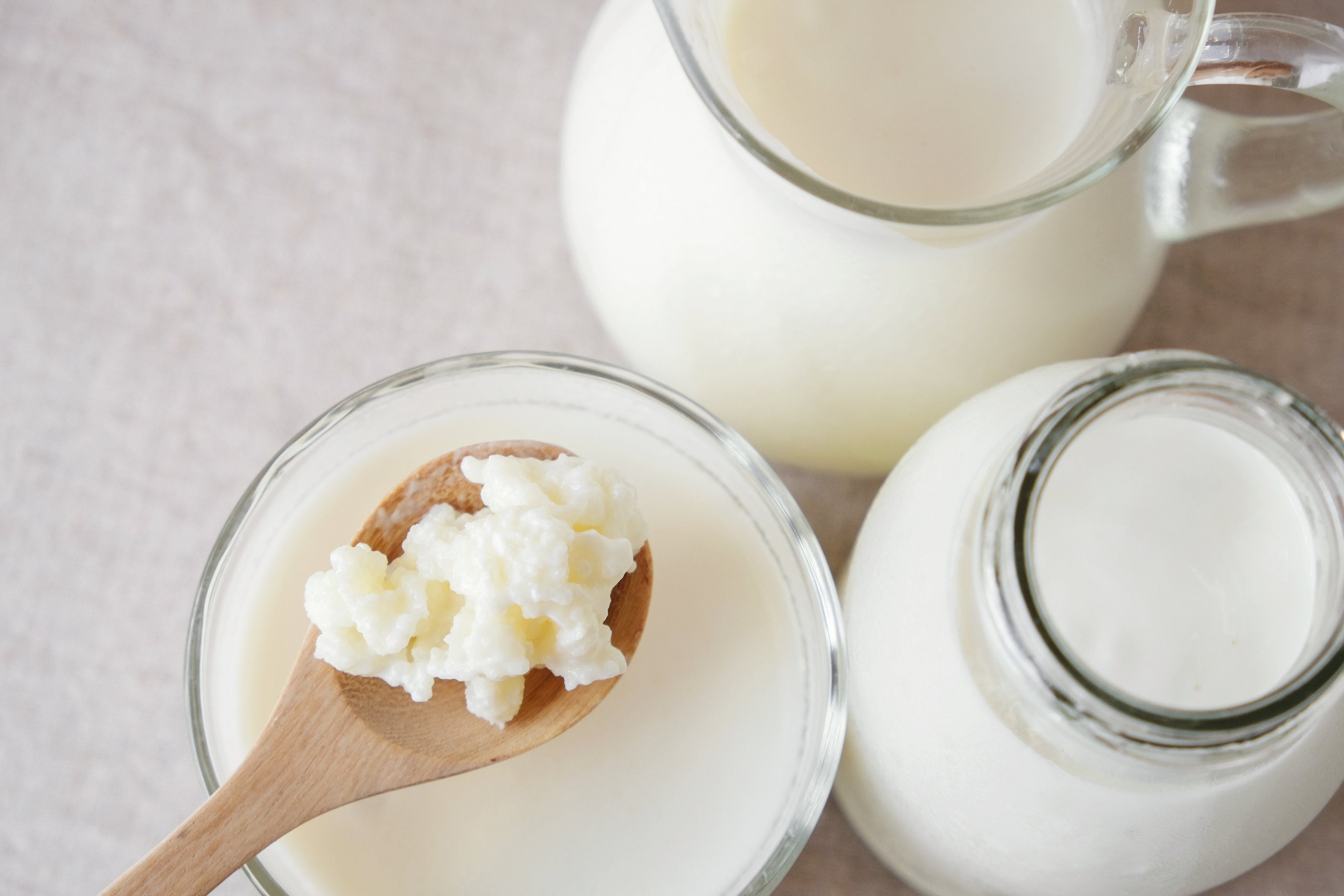
We at Bushlore wholeheartedly support the inclusion of fermented foods and probiotics into our diets to help maintain and restore vibrant health. For too long, our Westernised nations have canned, pasteurised, homogenised, even fried foods, to the great detriment of our digestive system.
Fermented foods are well known to be powerful aids to our digestive processes and also to the protection against dis-ease. The whole process of fermentation actually makes our foods more nutritious and digestible. “Live, unpasteurised, fermented foods also carry beneficial bacteria directly into our digestive systems, where they exist symbiotically, breaking down food and aiding digestion” (Katz, 2003, p2).
sauerkraut
Prior to teaching and with finding no time to continue making my own sauerkraut and Kimchi, using organic home-grown cabbages – I now resort to bought products. There are now a giddy array of fermented foods and beverage products on the market (Kombucha, Sauerkraut, kefir starters, kimchi, miso, yogurts etc). One of our favourite saukauraut products is: https://benourished.co.nz/products/. We always put a dollop of sauerkraut on the side of meat dinners, to help our bodies digest them.
milk kefir

I used to have a house cow called Safira Bright Scales (the dragon from the Eragon book series we were reading to our children at the time) and with her daily 10L milkings I would make milk kefir – which sat on my bench and percolated away for a day until it was used in our daily smoothies, replacing yogurt. We loved the fizziness and the flavour it gave us. Kefir in raw organic unpasteurised milk breaks down the lactose, while still maintaining the L-cystine.
L-cystine is one of the 3 amino acids that make up Glutathione which is present in our Liposomal Vitamin C blends. This very important antioxidant is vital for the second stage of detoxing the liver. Raw cow’s milk is the only major natural source of dietary L-cystine. Only 5% of people with Northern European genetics have the enzyme to digest lactose effectively – which is why kefir, which breaks down the lactose in milk, can be so beneficial for us.
Get Fermenting
If you are keen to start making your own fermented products, not only are there countless fermenting websites but there are also fermenting enthusiasts and authors abound, incl one of my favourites Sandor Ellix Katz who wrote ‘Wild Fermentation’ and the ‘Art of Fermentation’. These books are a fantastic place to start if you are contemplating making your own fermented delights that are immensely satisfying to prepare. Sally Fallon believes that the “practice of fermentation is one of partnership with microscopic life”. What is available on shop shelves is only a fraction of the types of fermented foods we could be making, enjoying and eating and drinking to improve our holistic health.
Happy Fermenting

